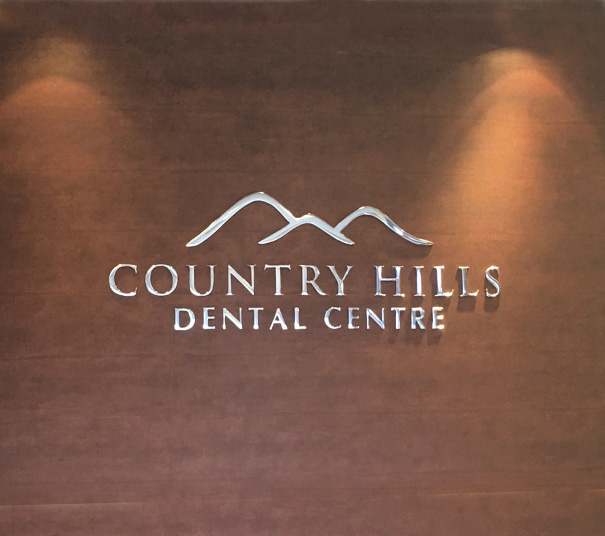Cavities are more common than most people think. This dental issue isn’t cosmetic—it’s a sign of bacteria damaging the sensitive layers of your teeth. They often lead to sensitivity, irritation, and discomfort, and these all affect your quality of life. But do cavities cause breath as well?
One of the most obvious signs of a cavity is bad breath. Cavities occur when bacteria break down food and sugar in your mouth, which releases odours as a byproduct. The bacteria multiply and thrive, creating tiny holes in the teeth, which makes it much more difficult to fight the bad breath.
What Are Cavities?
Teeth have several layers, each serving an essential purpose:
- Enamel, the outer layer that protects your teeth from wear and bacteria.
- Dentin, the sensitive layer beneath the enamel that provides support.
- Pulp, the core of the tooth, containing nerves and blood vessels to keep it alive.
Cavities, also known as dental caries, are areas of decay forming on the teeth. Bacteria build up in the mouth and steadily wear away at the outer enamel, which then damages the inner, more sensitive layers. They create holes in the outer layers, where they thrive and multiply.
It’s easier to address cavities sooner rather than later. If left untreated for too long, the bacteria can reach the inner layers and cause severe pain, infection, and potential tooth loss.
Why Do Cavities Develop?
Cavities develop when bacteria in your mouth interact with leftover food particles—particularly those high in sugars or starches. These bacteria feed on the particles and produce harmful acids that stick to your teeth as plaque.
Over time, plaque wears down the enamel. If brushing and flossing aren’t enough to remove this build-up, the enamel weakens. This creates gaps and openings in the teeth to expose the dentin inside. With enough time, the bacteria burrow even further, eventually reaching the pulp and causing infections.
Why Do Cavities Cause Bad Breath?
The same bacteria that cause cavities play a major role in bad breath. These bacteria release gases as they break down food, creating foul odors that are tough to mask. Even mouthwash can struggle to hide the smell when bacteria are thriving in cavity pockets.
Cavities naturally create small spaces or crevices where food can become trapped. When bacteria settle in these areas, they feed on lingering particles, releasing more odours.
If left untreated, cavities can spread and lead to gum inflammation or infections, further intensifying bad breath. If your breath seems impossible to fix, it’s time to visit a dentist.
Cavities: Common Signs & Symptoms
It can be easy to miss a cavity in its early stages. However, this is when they’re easiest to treat. It helps to watch out for signs such as:
- Persistent toothache or pain when chewing
- Sensitivity to hot, cold, or sweet foods and drinks
- Visible holes or pits in your teeth
- Brown, black, or white staining on the surface of a tooth
- Noticeable bad breath or a foul taste in your mouth
- Swelling or redness around a particular tooth
If you notice the symptoms of a cavity, visit your dentist. They can examine your teeth to find out if you have a cavity—and treat it before it worsens.
Can a Dentist Treat a Cavity?
The good news is that cavities are treatable. The specific treatment depends on the severity of the decay, and will likely include one of these.

Fluoride Treatments
Fluoride treatments are a preventive measure that strengthens tooth enamel. This makes enamel more resistant to acids, plaque, and bacteria. This is especially effective for reversing early-stage decay that hasn’t yet penetrated the enamel.
Fillings
Fillings are used when tooth decay progresses beyond the enamel and reaches the softer dentin layer underneath. The process involves removing the decayed portion of the tooth and filling the cavity with a durable material. This restores the tooth’s structure and function, and it also helps prevent further decay from spreading.
Root Canals
A root canal is necessary when decay or infection reaches the tooth’s pulp. This pulp contains nerves and blood vessels, and if it becomes infected, the infection can spread.
During the procedure, the infected tissue is removed, the inside of the tooth is thoroughly cleaned, and the root canals are sealed to prevent reinfection. Once the root canal is complete, a crown is installed to further protect the tooth.
Tooth Extractions
When tooth decay or damage becomes too severe to repair, an extraction may be the best option. The procedure involves removing the affected tooth, often followed by installing dental implants, bridges, or dentures.
This process is essential for maintaining your smile and overall health. Without proper treatment, a cavity can weaken other teeth or even spread to other areas in your body.
Tips for Preventing Cavities & Bad Breath
Good oral hygiene and a few lifestyle habits can help you avoid cavities and bad breath. It’s also often easier than most people think.
It helps to:
- Brush your teeth twice a day using fluoride toothpaste.
- Floss daily to clean between your teeth where your toothbrush can’t reach.
- Drink plenty of water to stay hydrated and combat dry mouth.
- Limit snacking on sugary or starchy foods.
- Use an antibacterial mouthwash to reduce bacteria in your mouth.
- Visit the dentist twice a year for exams and cleanings.
Sticking to these habits can significantly reduce the risk of cavities.
Keeping Your Smile in Excellent Shape
Cavities can cause more issues than discomfort. Without proper management, they can easily lead to bad breath, pain, and tooth loss. The key is catching the signs early and working to address them long before they escalate.
With the right care and support, you can keep your smile in excellent shape—and our team at Country Hills Dental Centre is here to help. Book your appointment with us today, and let’s work together to keep that smile strong.








